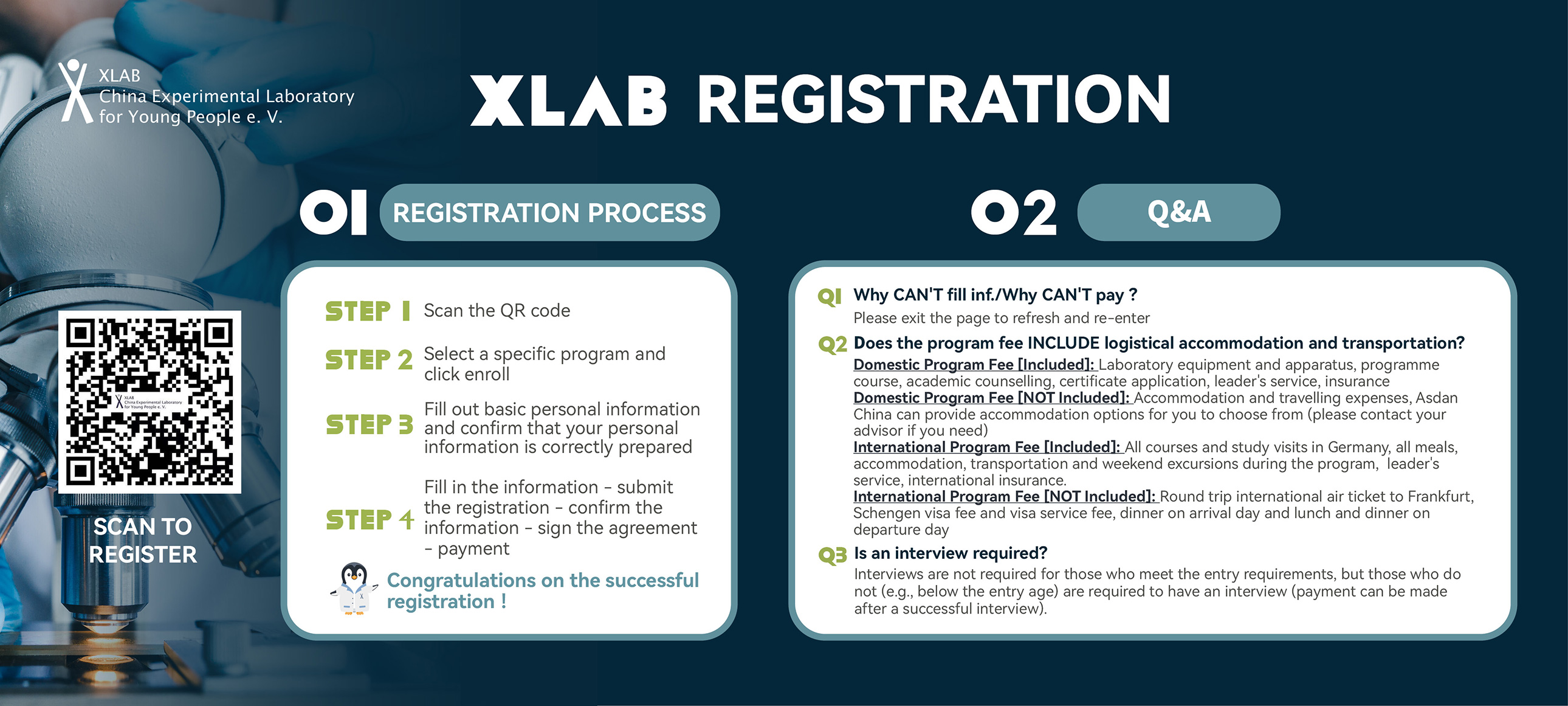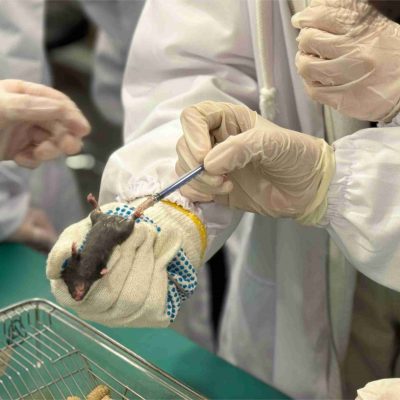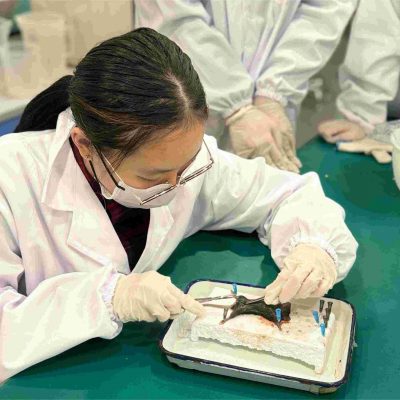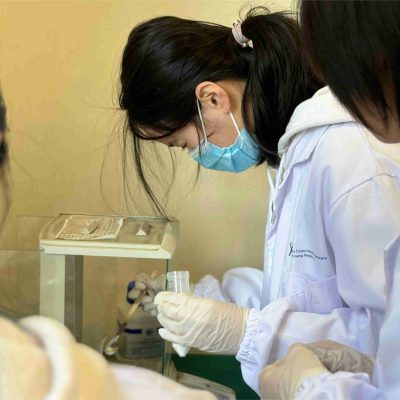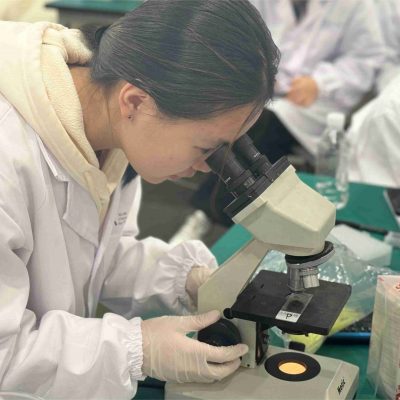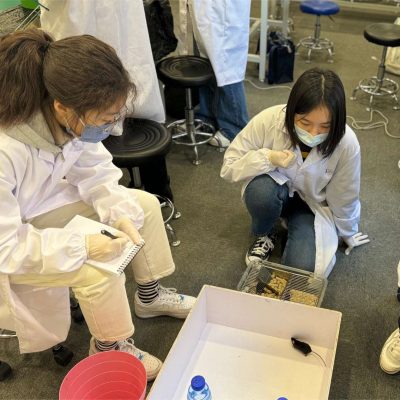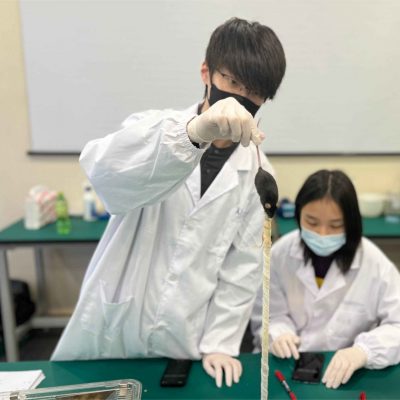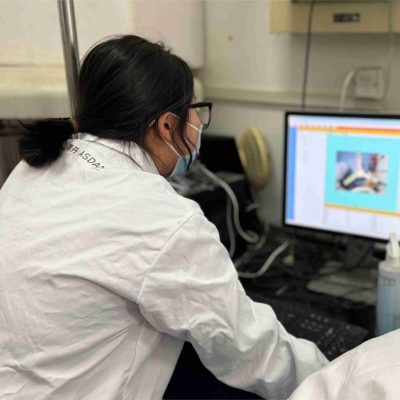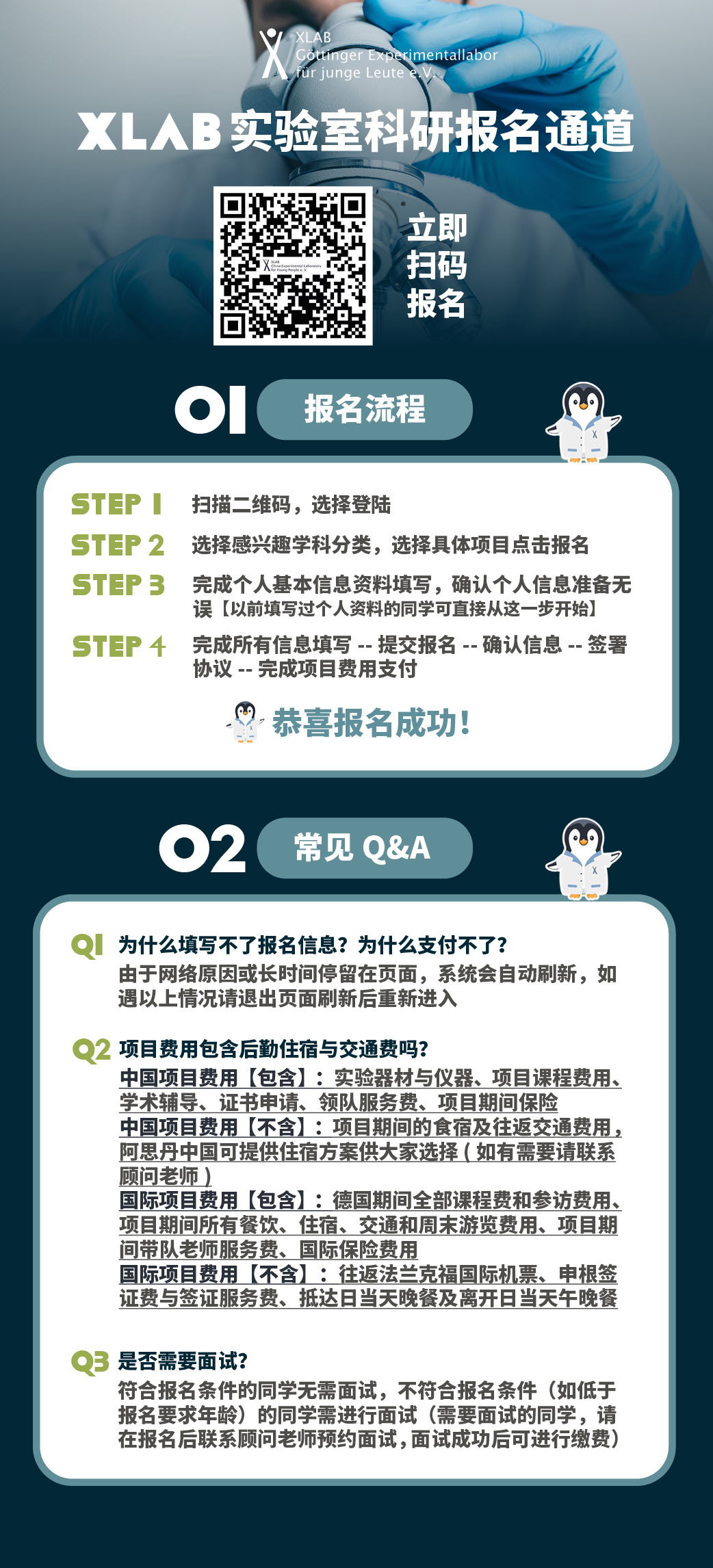Exploration of the Construction of Neural Network Models for Artificial Intelligence
 Suzhou
Suzhou
Date:【Winter】Feb.23rd - Feb.27th, 2026
# Computer Science # AI # Software Engineering # Data Science
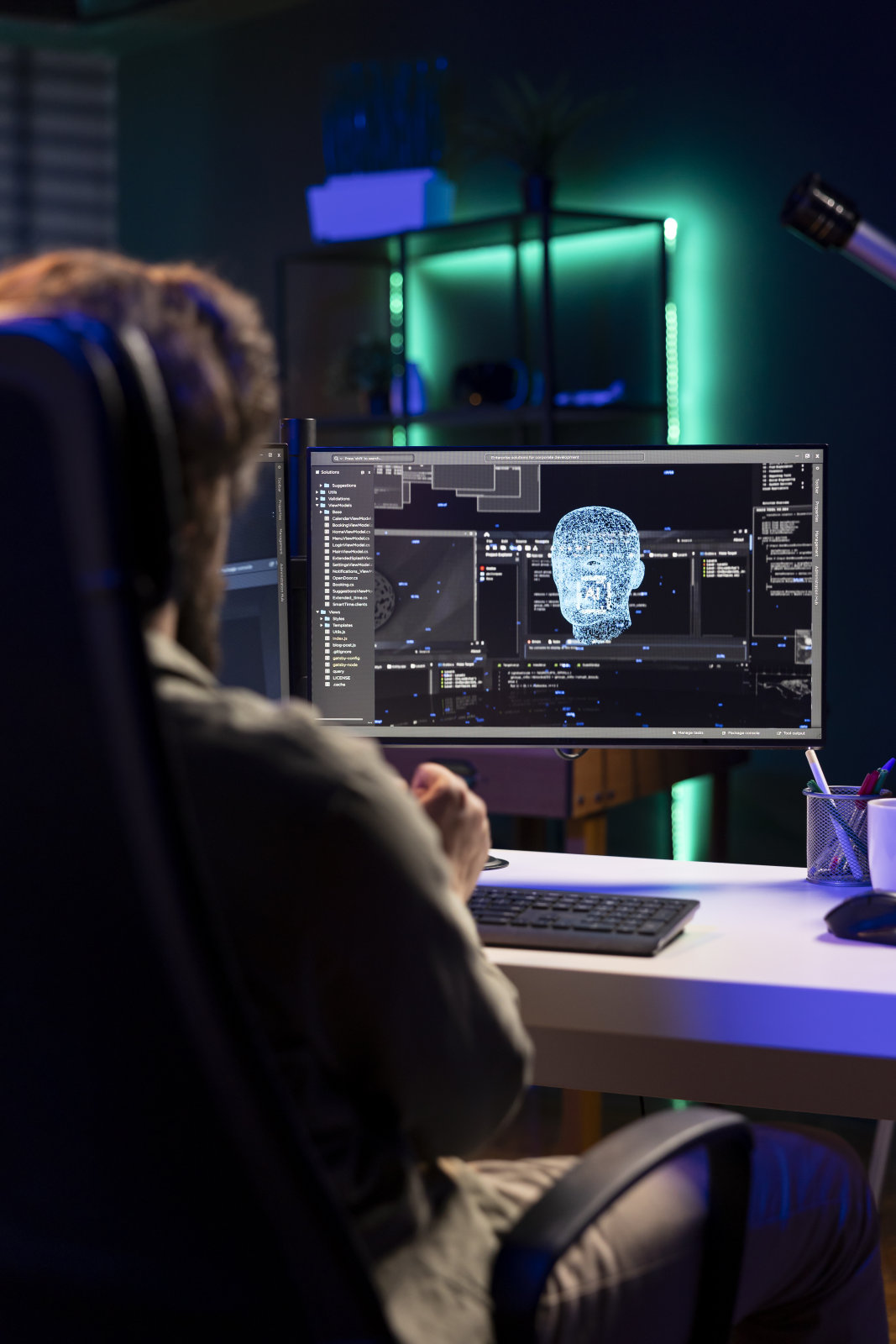
Artificial Intelligence is rapidly becoming the core technology in modern society, transforming our lives from medical diagnostics to autonomous driving. In recent years, the development of deep learning and neural networks has made huge breakthroughs in the fields of image identification, natural language processing, etc. The human brain is the most comple organ in the human body while neuron, as the most basic cell in the neural network of the human brain, takes the responsibility to carry and transmit information. Artificial neurons are computational models that abstract and simulate biological neurons. These artificial neurons are interconnected to form a network structure known as an artificial neural network. The neural network is thus a cornerstone of artificial intelligence with wide-ranging applications.
This program invites experts in the field of artificial intelligence research to guide students in understanding the core concepts of AI. Students will engage in hands-on practice by developing custom models for music generation, story generation, and chatbots, learning the operation mechanisms of neural networks, constructing basic AI models, and gaining a deep understanding of how to use AI to solve reality issues.
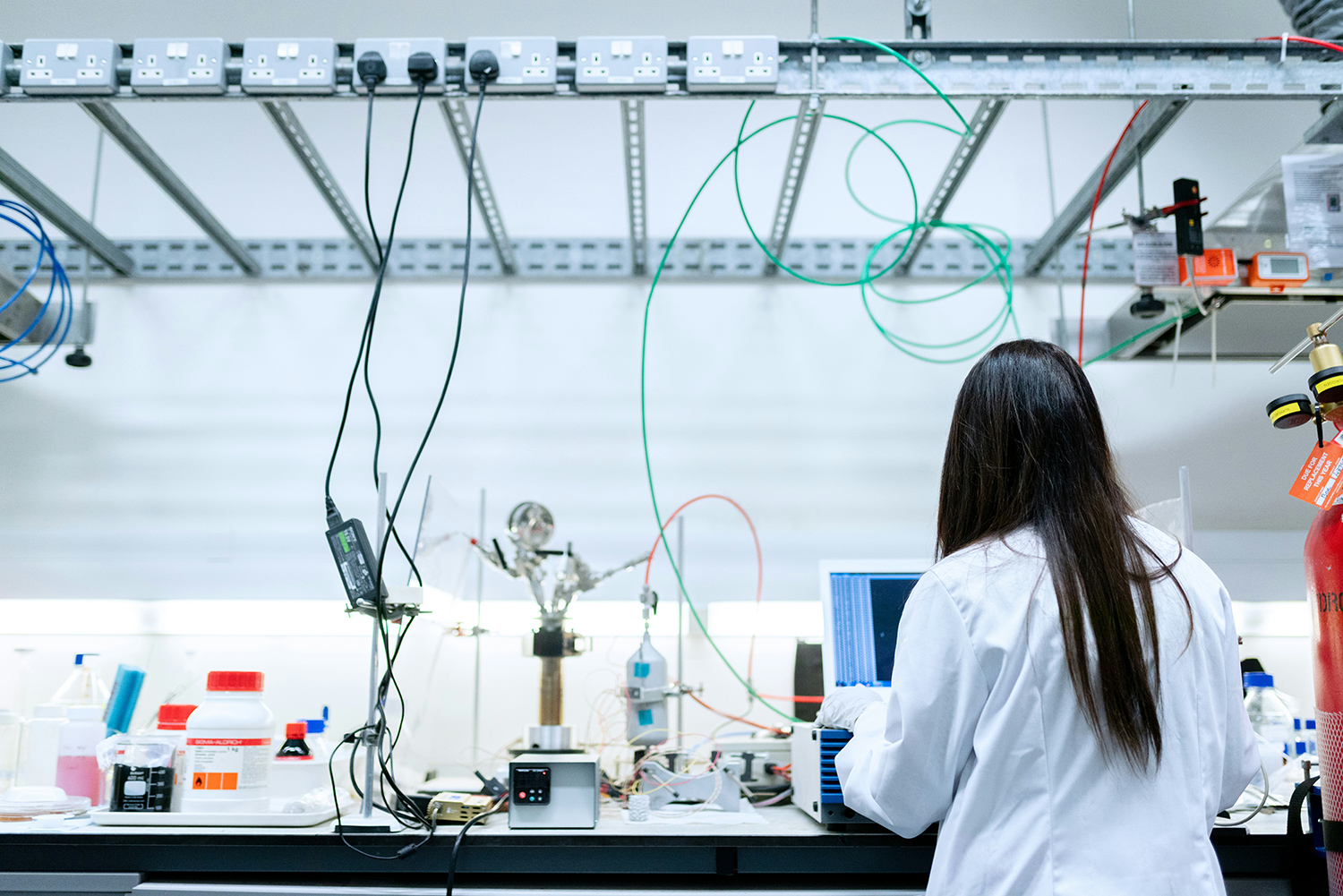
Teaching Faculty
Specially invited experts in the field of Computer Science from national research institutions
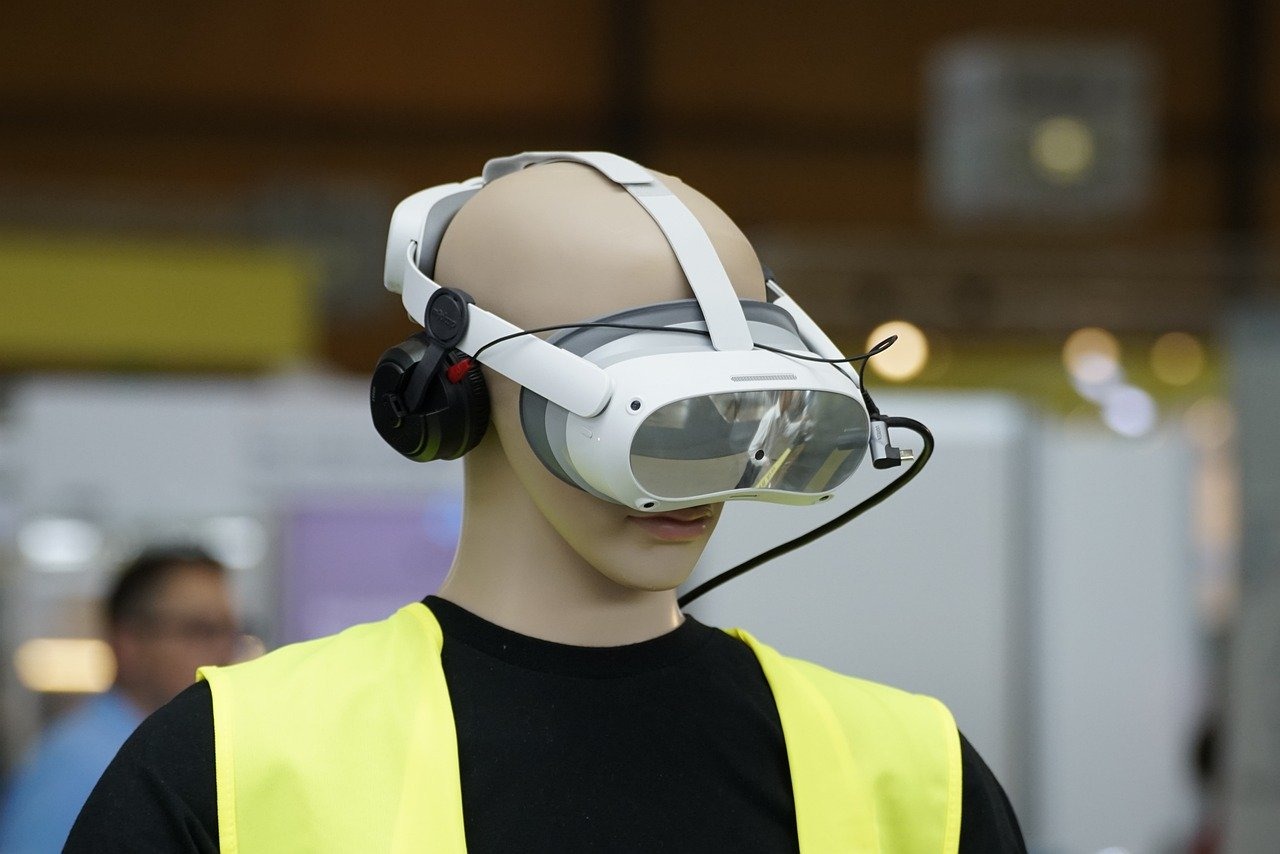
Cutting-edge Topics
Systematically learn the relevant knowledge of the Neural Network Models for Artificial Intelligence

Real Lab Practice
Conduct practice on the model construction of music generation, story generation, and chatbot
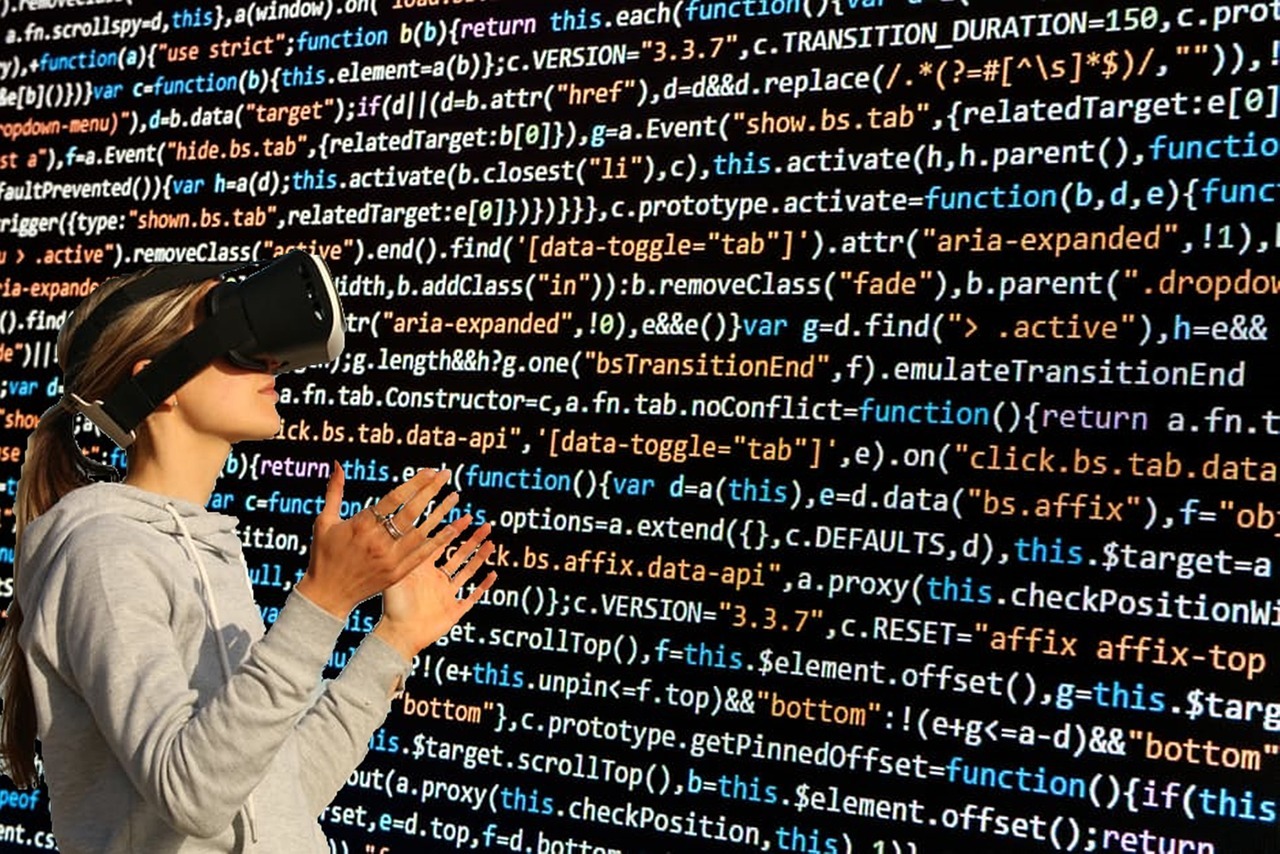
Outcome Application
Research Outcomes used for the deeper exploration of AI neural networks and the development of deep learning in the field of Artificial Intelligence
Main Experiments
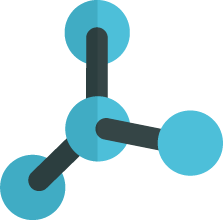
ChatGPT and Turing Test
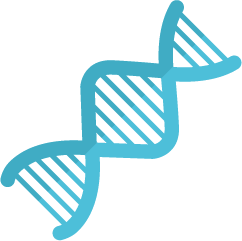
Music Generation Models
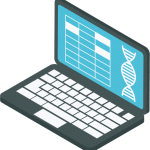
Story Generation Models

Charbot Models

ChatGPT and Turing Test

Music Generation Models
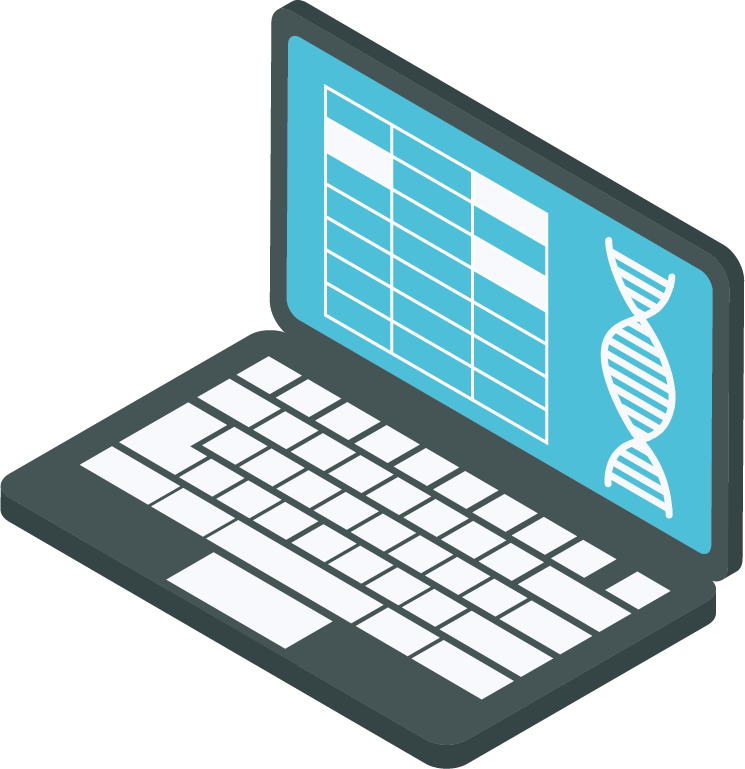
Story Generation Models

Charbot Models
Certificates
).png)
CERTIFICATE OF ASDAN SCIENCE
ASDAN SCIENCE SHORT COURSES CREDIT ACCREDITED BY UCAS
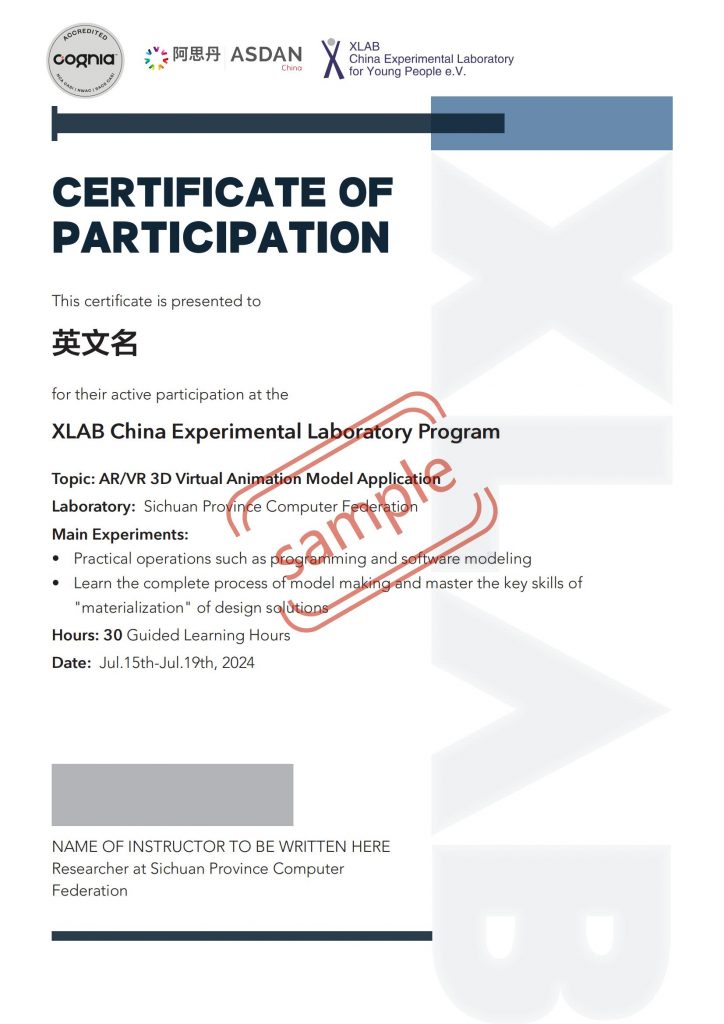
CERTIFICATE OF COMPLETION ISSUED BY XLAB CHINA

项目感言
-
 XLAB实验的经历为我带来了丰富的收获。首先,我学习了神经网络、Unity和Blender的基础用法,拓展了我的技能和知识范围。其次,通过克服环境配置和学习挑战,我提升了自学和问题解决能力。在团队合作中,我加强了与同学和导师的沟通交流技巧。总体而言,XLAB实验为我打开了学习和探索的大门,让我在游戏开发和数字艺术领域有了更多的可能性。其中,学习Unity和Blender的过程带给我最大的收获,使我对游戏开发和3D艺术产生了浓厚的兴趣。这让我明确了学习电脑科学专业的目标以及工作的选择。
XLAB实验的经历为我带来了丰富的收获。首先,我学习了神经网络、Unity和Blender的基础用法,拓展了我的技能和知识范围。其次,通过克服环境配置和学习挑战,我提升了自学和问题解决能力。在团队合作中,我加强了与同学和导师的沟通交流技巧。总体而言,XLAB实验为我打开了学习和探索的大门,让我在游戏开发和数字艺术领域有了更多的可能性。其中,学习Unity和Blender的过程带给我最大的收获,使我对游戏开发和3D艺术产生了浓厚的兴趣。这让我明确了学习电脑科学专业的目标以及工作的选择。—— 北京市新英才学校剑桥国际中心 王同学

-
 有很多收获,比如说扩宽了眼界,了解了一些以前从未关注的东西,锻炼了我的自学与社交能力,也锻炼了我的时间管理(因为是小组限时作业,这会让我更好的规划我的时间)不过最大的收获应该是对软件的使用吧,以后我的梦想专业是数学和计算机,了解不同软件的使用,了解代码的底层逻辑与原理,掌握3D建模都将对我的大学学习有很大的帮助
有很多收获,比如说扩宽了眼界,了解了一些以前从未关注的东西,锻炼了我的自学与社交能力,也锻炼了我的时间管理(因为是小组限时作业,这会让我更好的规划我的时间)不过最大的收获应该是对软件的使用吧,以后我的梦想专业是数学和计算机,了解不同软件的使用,了解代码的底层逻辑与原理,掌握3D建模都将对我的大学学习有很大的帮助—— 上海尚德实验学校(融合部高中) 万同学

-
 最直观的收获就是对于unreal engine这个App能够上手,并且了解它的初步使用,破除新系统不可接入或是难以接入的困窘,另外学得一门新语言也是一种惊喜,同时透过和同学们的交流,也了解了其他高中的升学情形与未来大学申请多元化的准备。
最直观的收获就是对于unreal engine这个App能够上手,并且了解它的初步使用,破除新系统不可接入或是难以接入的困窘,另外学得一门新语言也是一种惊喜,同时透过和同学们的交流,也了解了其他高中的升学情形与未来大学申请多元化的准备。—— 上海中学国际部(高中部) 樊同学

-
 这次经历提高了我的团队合作能力,计算机能力,数学能力还有学习能力。在这个实验中,我们要组合做一个AR模型以及实际的在场景中运用,在这个过程中,我的组员帮助了我很多,因为我缺乏这方面的相关专业知识,于是我请教他们,他们都会很热心的回答我的问题。因此提高了我的团队合作能力还有计算机能力。同时我也在这个实验过程中不断地自主学习。这对于我选择目标院校专业的帮助是,能够明确我想要做什么什么方面的工作,也明确了我擅长什么样的工作,这对我的专业选择有很大的帮助。
这次经历提高了我的团队合作能力,计算机能力,数学能力还有学习能力。在这个实验中,我们要组合做一个AR模型以及实际的在场景中运用,在这个过程中,我的组员帮助了我很多,因为我缺乏这方面的相关专业知识,于是我请教他们,他们都会很热心的回答我的问题。因此提高了我的团队合作能力还有计算机能力。同时我也在这个实验过程中不断地自主学习。这对于我选择目标院校专业的帮助是,能够明确我想要做什么什么方面的工作,也明确了我擅长什么样的工作,这对我的专业选择有很大的帮助。—— 北京师范大学珠海分校附属外国语学校 林同学

精彩瞬间
Why Us
History
XLAB has a 20+ year history. It was initiated by Professor Neher of the University of Göttingen in Germany and strongly supported by the German government and the University of Göttingen. XLAB, centered around high-end scientific experiments, is widely favored by over 10,000 students yearly. XLAB has established practice centers worldwide, aiming to expand this unique concept and teaching method to reach more students.
XLAB aims to enable more people to learn and experience the joy of science, encouraging them to explore the mysteries of science and consider how to use science to solve human problems. Therefore, XALB's subjects are generally more complex in physics, biology, or medicine. Instead, they focus more on interdisciplinary, cutting-edge topics such as genetic engineering, medical research, nanobiology, medical chemistry, high-energy physics, and more.
Subject
Experiment
Experiments are the core of the XLAB. Each participant can enter advanced laboratories to conduct safe experiments, analyze data, and write experiment reports. Over six hours of scientific research daily enhances students' scientific knowledge and logical thinking and cultivates concentration and endurance. Students will be able to experience the work content and status firsthand and consider whether to choose a research direction in future education.
The courses in XLAB are unique. They consist of four key modules: Subject Introduction and Program Thinking, Scientific Research Teaching, Laboratory Operations, Experimental Data Analysis, and Research Report Writing. All courses are taught in small groups of 10 to 25 students.
Course
Faculty
Experts are invited to design experiments and teach students since the topics and content of XLAB exceed the curriculum of high schools and are specialized in specific research areas. Relevant scientific research institutions support XLAB China and provide an in-depth academic experience for Chinese students based on its unique teaching methods and experimental requirements.
Two authoritative certificates are available: the XLAB Program Certificate of Participation, which details the experimental content and is signed by instructors. Students will complete an academic report containing experimental results and data analysis to apply for the ASDAN "Science Award" Certificate for 30 credit hours of study officially accredited by UCAS.
Certificate
Research
XALB provides invaluable research scenarios for students who plan or are currently engaged in natural science research-oriented learning, such as EPQ or scientific papers, to implement their research plans and participate in hands-on scientific research. Experimental reports can be considered as part of their research achievements.

